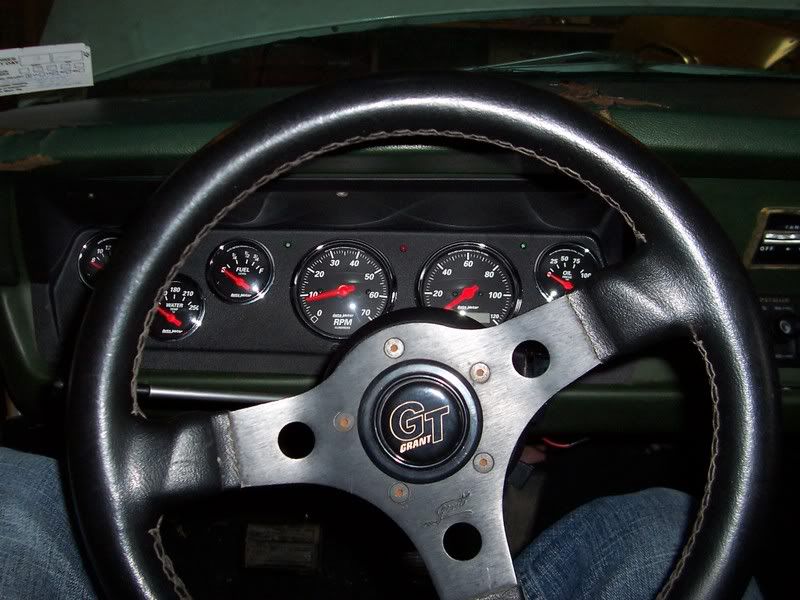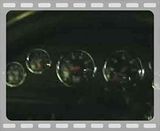fishy68
Tyr Fryr's Inc.
That's awful. :angry7:
One note I'd like to add: "even though he used a copper line?" Copper line cracks way too easily, especially if he didn't use a few lengths of rubber to protect it from engine vibration.
Yes it was awful and I do agree copper can crack especially if not installed correctly but if done right it can last longer than the nylon tubing they send with the gauges by at least double the life. When I first started working on cars I saw many 50's and 60's trucks that used the copper line last well into the 80's and 90's. The braided lines like Redfastback mentioned is definetly the best.
If I do use copper line I coil any stress areas around a 1" piece of pipe 6-8 times to relieve stress.


















